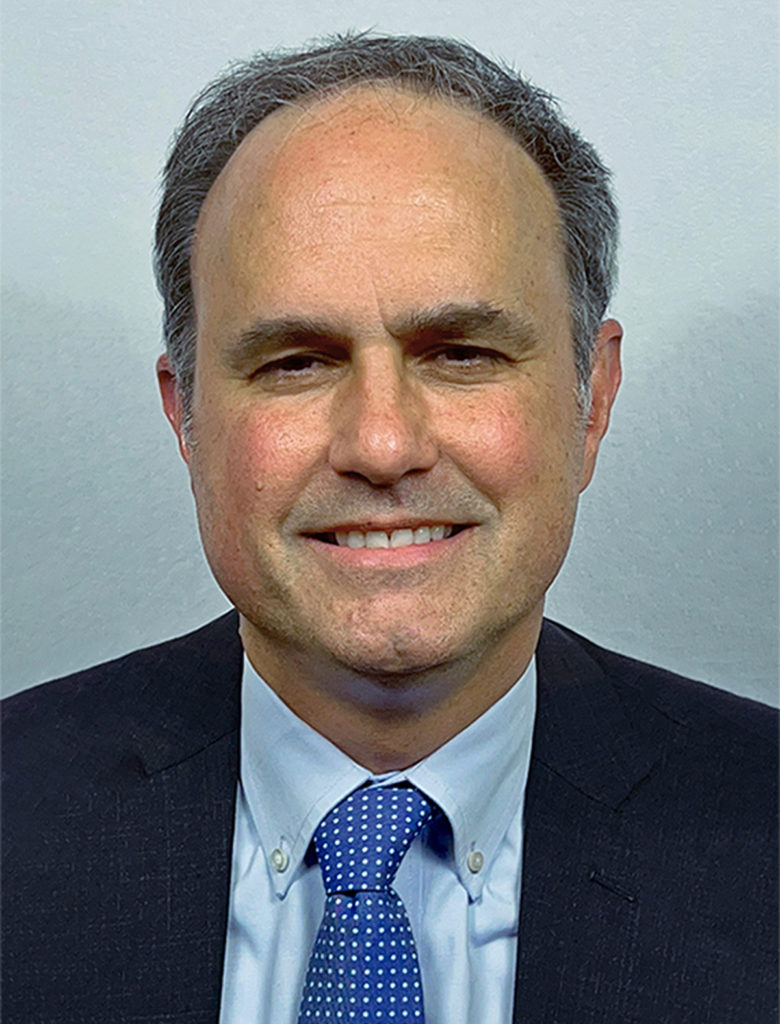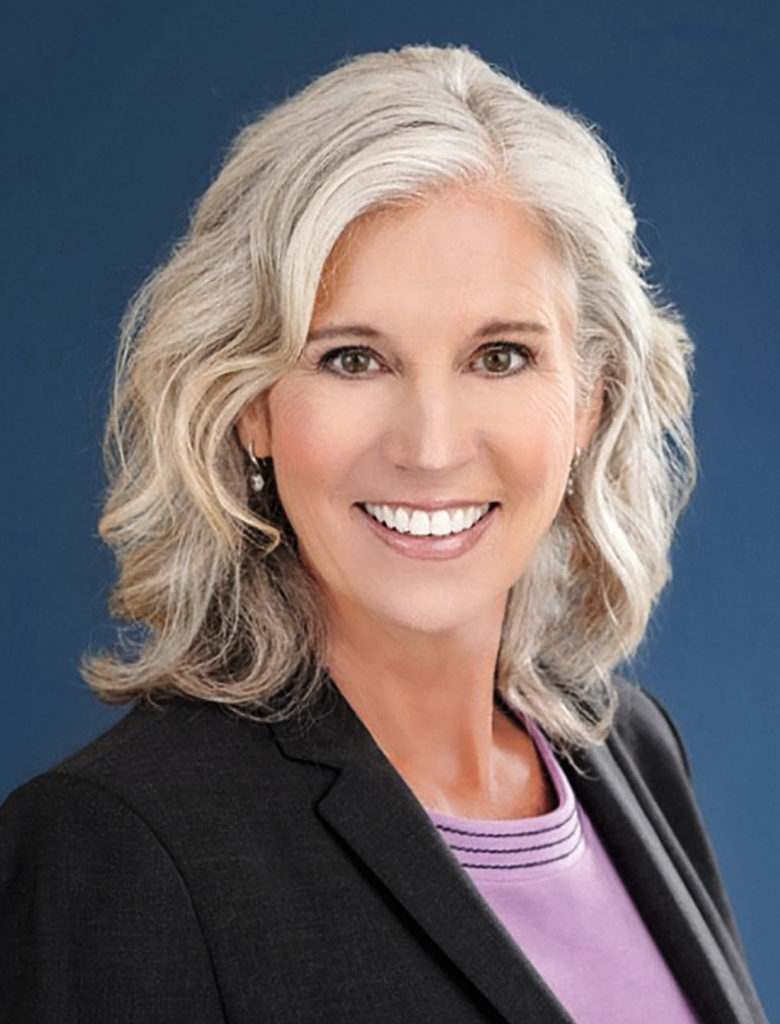Editor’s note: The following supply chain leaders were featured in recent issues of The Journal of Healthcare Contracting, a sister publication of Repertoire Magazine.
Steve Reilly, Senior Director, Supply Chain, Universal Health Services
What are the most important attributes of successful supply chain teams today?
Culture, teamwork and resiliency stand out as the most important attributes for successful supply chain teams today. The pandemic, supply shortages and inflation have created an extremely difficult environment. The culture of resiliency we have built across our supply chain team has allowed us to keep pushing through and bouncing back from setbacks and challenges. Having a team that works hard and supports each other has made a huge difference. One additional critical factor is UHS senior executive level support for the supply chain function. We have continually been given the necessary resources to enhance, improve and ensure that we are effectively supporting our customers.
What project or initiative are you looking forward to working on?
Our teams are really looking forward to refocusing our efforts on strategic product standardization. The ongoing supply shortages have made standardization and backorder management an ongoing challenge. Our team is focused on aligning with manufacturers and distributors to create transparency across the supply chain. Standardization brings many benefits to hospitals and suppliers from a quality, cost and operational efficiency standpoint. It will be exciting to further this ongoing strategic work.
What changes brought about by the pandemic are here to stay in the supply chain?
Our Supply Chain team has emerged from the pandemic stronger and well positioned for long-term success. The pandemic has forced our team members to be more creative to find solutions to problems. A focus on aggressively managing backorders and communication of supply issues will continue. In addition, many hospitals will continue to maintain their own distribution capabilities for PPE supplies in the potential event of another pandemic.
Whom do you look up to for inspiration or mentorship?
I have been fortunate to have worked for some excellent leaders over the course of my career.
Mike Nelson, our Senior Vice President of Strategic Services at UHS, has been a great mentor and has helped me understand how to communicate concisely and effectively to senior executives. He is excellent at deescalating tense situations and finds a way to deliver meaningful outcomes across our organization. He has taught me the value of prioritizing the most impactful work and always putting our customers first.
Ray Davis, our Vice President of Supply Chain at UHS, has helped me improve my leadership skills and introduced me to new ideas. He has been tremendous leading the department through the supply chain challenges over the past few years and keeping our focus on our hospital patients and customers. He also established a five-year strategic plan and solicited support from all members of the supply chain department. This collective buy-in has been critical to our success over the past five years.
How do you keep your team motivated despite conflicts and obstacles?
Focusing on the UHS mission to serve our patients, caregivers and field team members motivates our team to work through any conflicts or obstacles. In addition, we are heavily focused on career development via training, career ladders and other ongoing investments of our team members. This makes our collective team stronger and better prepared to serve our hospitals. The organizational focus on employee engagement enables us to quickly resolve conflict and allows us to effectively move forward together. In addition, the UHS Human Resources team launched an initiative called TEAM C.A.R.E. (Connecting, Attracting, Retaining and Engaging) focusing on culture, cross-team collaboration and career development across the organization.
What one thing makes you most proud?
I am extremely proud of how our team members have stepped up to serve our customers during some very challenging times. Over the past three years we made sure our caregivers had the products they needed to serve our patients. In addition, we continued to accomplish our strategic goals including completing our normal sourcing initiatives and improving processes.
Laura Kowalczyk, VP Supply Chain and Support Services, UAB Medicine
Please tell us about your role/responsibilities within your organization.
I am responsible for the strategic direction of UAB Medicine’s end to end Supply Chain; Environmental Services; Food and Nutrition Services; Guest Services; Patient Advocacy; Patient Transport; and Spiritual Health.
In what ways has the supply chain changed for the better over the last 2-3 years?
I am thankful for the attention that the COVID pandemic has placed on the healthcare supply chain. All of us who have been in the profession for years have never doubted the supply chain’s importance to our clinical operations, but the pandemic highlighted its level of criticality and importance to patient care. With this added attention, we are experiencing both internal organizational as well as external industry focus on what resources are needed to support our disrupted supply chains. These resources include labor, data analytics, industry transparency and broadened clinical attention and participation.
What about its challenges? What keeps supply chain leaders up at night heading into late 2022?
I continue to be concerned about our labor force from two perspectives. First, like our clinical counterparts, the supply chain teams have been and continue to be disrupted by the impacts of the COVID pandemic globally and locally. Disruptions continue to exist on a daily basis and this is taxing our teams resulting in burnout and increased turn-over rates. Secondly, I am concerned about where we will continue to find talented staff to join our supply chains. Our industry continues to compete with our retail, automotive and manufacturing counterparts who may be able to offer schedules and benefits that are not necessarily available in our 365, seven day per week healthcare environment. Additionally, the increased acceptance and movement toward a remote workforce in our corporate teams can be a double-edged sword. We find increased responses to openings in these areas; however, we are also competing nationally on salary rates which has added a new challenge to recruitment for these positions.
When you hear words like diversity and equity in the workplace, what does that mean to you? How can those things contribute to the success of an organization?
I am personally very passionate about this topic. I love how our Chief Diversity Officer defines these elements for us at my organization: Diversity is a fact, Equity is a choice and Inclusion is an action. These tenants are critical to developing a healthy, well-rounded team, but critical to creating a workplace that brings in differing perspectives, experiences and thought. In all my areas of responsibility, we are implementing a new recruitment and interview process that I am excited about. It is designed to bring an intentional focus on diversity, equity and inclusion which we believe will result in increased staff recruitment and retention.
Has anyone come alongside you to mentor you during your career?
I like to say that there has been a team that has mentored me along my career. I did not start my career in the Supply Chain operations so when I entered it through my legal positions there were many individuals who took the time to teach me and encourage my growth in this wonderful and diverse field. The greatest mentoring for me, however, has been from my own leaders and staff who teach and coach me every day and are the catalyst for continual efforts to improve my knowledge and my leadership.
How do you focus on your growth as a leader?
I sincerely believe that leadership is the most important responsibility that I have in my role. I have always been fascinated by what characteristics define a good leader. This fascination has led me to read about many leaders across many industries and to consistently seek feedback from other leaders, staff and experts formally and informally. I also participate in any opportunities offered through our many leadership developmental educational sessions whether as a panelist, teacher, or student. I am always so thankful to be able to listen and learn from other leaders on how they manage the many challenges of leadership in our complex environment.
What project or initiative are you looking forward to working on in the next 3-6 months?
There are several projects that we will be concentrating on in UAB’s Food and Nutrition and Environmental Services departments focused on patient experience and enhancement of our services. Now that we are moving away from COVID, we are getting some of these initiatives back on the table. In the supply chain, we are in the midst of several planning sessions to take a step back and re-look at multiple processes that either no longer serve our mission or have become over burdensome and need to be re-tooled. We are also looking at our supply chain roles and those functions that we thought were going to be temporary changes that now need to be hardwired and restructured to continue to meet the demands of our large organization.

